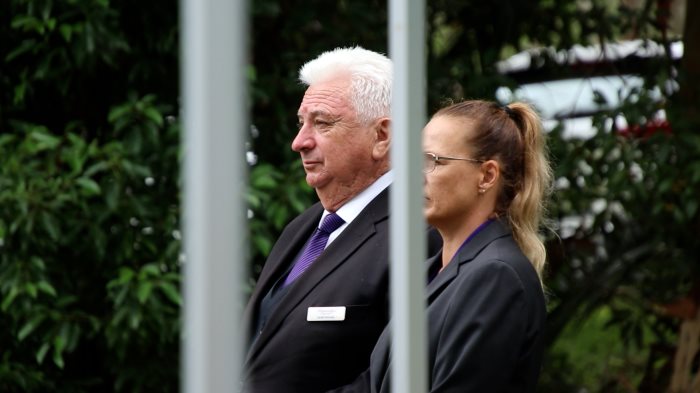The loss of a loved one is an experience marked by profound grief, confusion, and a whirlwind of emotions. During this challenging time, the role of a funeral director in Bankstown becomes invaluable. These professionals provide not only practical assistance but also emotional support, guiding families through the intricate process of planning a funeral. They are the unsung heroes who ensure that the final farewell to a loved one is conducted with dignity, respect, and care.
Understanding the Role of a Funeral Director
A funeral director, also known as a mortician or undertaker, is a professional responsible for overseeing all aspects of a funeral service. Their duties range from handling the deceased’s body, and arranging the funeral ceremony, to assisting the bereaved family with paperwork and legalities. The comprehensive nature of their role demands a combination of technical expertise, organizational skills, and a deep sense of empathy.
Providing Emotional Support
One of the most significant contributions of a funeral director is the emotional support they offer to grieving families. Grief can be overwhelming, leaving individuals unsure of what steps to take next. A funeral director steps in to provide calm and reassurance. They listen to the family’s wishes, offer comforting words, and provide a sense of stability during a tumultuous time. Their presence allows families to focus on their grief and the memory of their loved one, rather than being bogged down by logistical concerns.
Navigating Legalities and Paperwork
Dealing with the death of a loved one involves a surprising amount of paperwork and legal requirements. From obtaining death certificates to filing for insurance claims, the process can be daunting. Funeral directors are well-versed in these legalities and can efficiently navigate the bureaucracy on behalf of the family. They ensure that all necessary documents are completed accurately and submitted promptly, easing the administrative burden on the grieving family.
Organizing the Funeral Service
The funeral service is a critical part of the grieving process, offering an opportunity for family and friends to gather, honour the deceased, and begin to find closure. Funeral directors take charge of organizing every detail of the service. They coordinate with venues, arrange for clergy or celebrants, manage floral arrangements, and handle transportation logistics. Their goal is to create a seamless and meaningful ceremony that reflects the wishes of the deceased and their family.
Handling the Deceased with Dignity
One of the most sensitive aspects of a funeral director’s job is the care of the deceased’s body. This involves preparing the body for viewing or cremation, which can include embalming, dressing, and cosmetology. Funeral directors approach this task with the utmost respect and dignity, ensuring that the deceased is presented in a manner that honours their memory. Their professional handling of these delicate tasks allows families to have a peaceful and respectful final memory of their loved one.
Personalisation and Cultural Sensitivity
Every family and individual is unique, and funeral directors understand the importance of personalisation in funeral services. They work closely with families to incorporate personal touches that reflect the deceased’s personality, interests, and cultural or religious beliefs. Whether it’s a particular type of music, specific rituals, or themed decorations, funeral directors strive to create a service that is deeply personal and meaningful.
Post-Funeral Support
The support of a funeral director often extends beyond the funeral service itself. They provide resources for grief counselling, support groups, and other aftercare services that can aid the family in their healing journey. Knowing that they have ongoing support can be a tremendous comfort to those left behind.
Summing up, amid grief and loss, the presence of compassionate and competent funeral directors in Bankstown can make an immense difference. They handle the myriad details and complexities of funeral planning, allowing families to focus on mourning and remembering their loved one.
